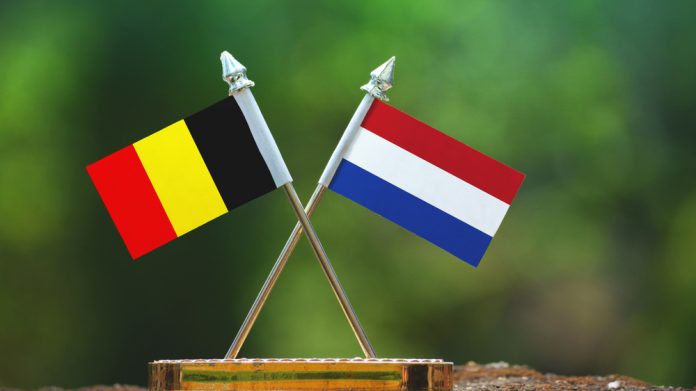The Dutch Gaming Authority, Kansspelautoriteit, has inked a memorandum of understanding with its Belgian counterpart, the Kansspelcommissie, which is designed to offer heightened support for the supervisory tasks of each.
The MoU includes the exchange of general information, including that of best practices, as well as more specific knowledge such as that in the context of enforcement and licensing.
Furthermore, both parties add that the agreement, which builds upon an informal cooperation that was previously in place, is designed to tackle common goals such as combating crime, protecting the player and preventing gambling addiction.
Magali Clavie, president of the Belgium Gaming Commission, commented: “Online games of chance are offered across borders. As a result, there is a greater need for international cooperation between regulators on (online) games of chance. Information exchanges with foreign colleagues are always very instructive.”
This latest MoU builds upon a number of previous similar deals unveiled by the Dutch regulator alongside the Swedish Gambling Authority, Malta Gaming Authority and France’s new regulatory agency L’Autorité Nationale des Jeux.
René Jansen, chairman of the board of directors of the Ksa, added on the agreement: “Such a memorandum of understanding forms a good basis for sharing knowledge, collaboration and a smooth exchange of information. At the same time, a clear signal is being sent to providers of games of chance that they are joining forces internationally.”
The KSA maintains that its Remote Gambling Act will enter into force on Thursday 1 April, from which date applications can be submitted to the Authority for a license to be allowed to offer games of chance via the internet in the Netherlands.
Last month, the Dutch gambling regulatory authority revealed its licensed trademark that operators must display across their digital portfolios as a duty of the Act.
Approved operators must display the ‘Vergunninghouder Kansspelautoriteit’ (‘Licensed by Kansspelautoriteit’) trademark on their website and mobile app download pages. Dutch consumers must be able to click on the trademark and be redirected to the KSA licensing page, informing the user of the operators’ full licensing provisions.












